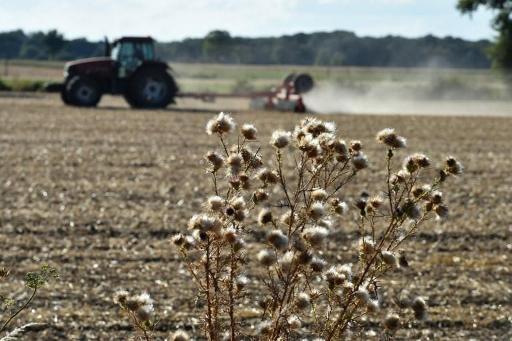Up to twice as many people could be exposed to extreme drought by the end of the 21st century as now, a new study found.
The study, carried out by Michigan State University and the Free University of Brussels (VUB), involved running simulations to map the impact of climate change on the total water mass on Earth, which includes water in snow and ice, rivers, lakes, marshes, soil and groundwater.
If the current scenario continues, without changes to water policy, nearly 500 million more people will face extreme drought by the end of the 21st century, the study found.
Related News
- Four new bee species appeared in Belgium last year
- Belgium's average temperature could rise 5 degrees by 2100, RMI warns
Scientists were able to use data from GRACE, a satellite launched a few years ago, which was able to measure changes in the total volume of water by mapping changes to Earth’s gravitational field.
“The results show a sharp reduction in natural water storage in two-thirds of the world, particularly in the southern hemisphere,” VUB climatologist Wim Thiery said, adding that “this decline is largely due to climate change.”
The Brussels Times

